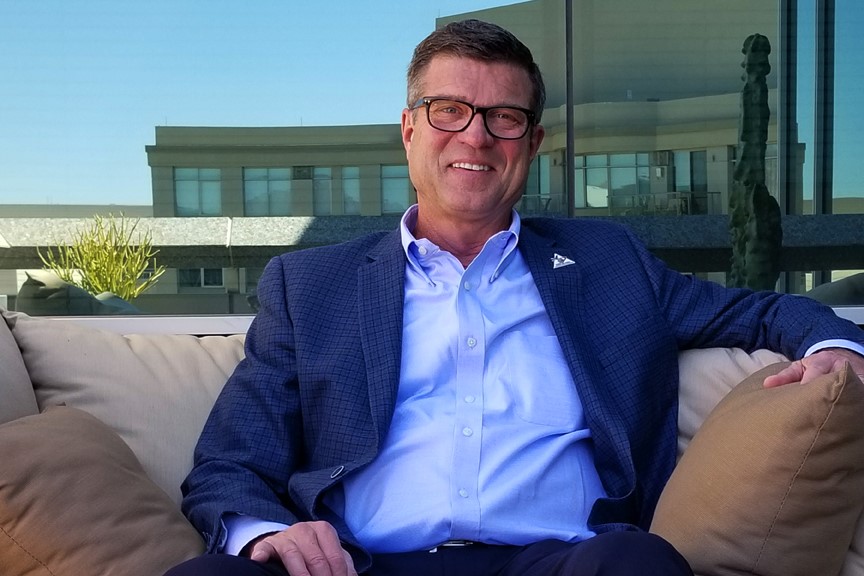October is Cybersecurity Awareness Month, a period dedicated to both government and businesses taking a closer look at cyber threats on a national and global scale while also empowering the public to reduce their own risk through education and resources.
With cyber criminals becoming more prevalent and pervasive, supporting businesses in their cybersecurity efforts needs to be a year-round priority.
Verizon’s 2023 data breach report shows there is plenty more work to be done. The findings reveal familiar foes like stolen credentials, human error, business email compromise and what’s known as “pretexting” continue to be some of the most common cyberattack methods.

Unfortunately, we need to add another potential threat to this growing list. The development of artificial intelligence (AI) is bringing both excitement and increasing concern to the business community.
AI can be a powerful tool in streamlining operations, personalizing customer experiences, improving services and increasing productivity. However, that same technology can also pose significant risks to a company’s bottom line and overall well-being.
AI’s impact on job displacement also remains to be seen. A recent Pew Research Center study found that 19% of U.S. workers are in jobs with “high exposure to AI,” meaning it’s still unclear whether AI’s impact would be positive or negative. The report mentions occupations like budget analysts, data entry, tax preparers, technical writers and web developers.
Many workers fear they could lose their jobs to a robot, leading to higher unemployment rates and income inequality. The Greater Phoenix Chamber Foundation believes more companies will use AI to support their efforts to complete specific components or tasks. However, given that customer service and relationships will continue to be vital to business success moving forward, AI cannot be relied on to do an individual’s entire job. The human factor still matters.
Regarding privacy and security concerns, AI’s processing and handling of personal data should be top of mind. The massive amount of data involved opens the door to potential mishandling, which could lead to identity theft, financial fraud or other forms of abuse. ChatGPT, for example, claims to not share any personal information about users or store any data that could be used to identify individual users. However, the prompts that users submit are public, and other users can see them on the chat platform. This can be especially problematic for industries like financial services and health care, where information must be protected.

AI decision-making is also causing ethical concerns, with the potential to perpetuate bias or discrimination. While AI is meant to be objective, it’s only as good as the data used to build it and the available information used to make decisions.
One of the ways the Greater Phoenix Chamber Foundation is working to ensure businesses acquire and develop the talent needed to protect the integrity of our region’s online presence is through the Cybersecurity Workforce Collaborative. The collaborative includes various companies with cybersecurity as an essential component of their business, but not their core business function. The group consists of industry professionals, educators, and training partners addressing talent shortages for security analysts at the junior, mid- and senior levels.
Cybersecurity workforce collaborative accomplishments:
- Launched AZCyberTalent.com, a resource for information on Arizona’s cybersecurity ecosystem.
- Formed a joint advisory council with Maricopa County Community College District to streamline employer efforts to communicate necessary changes in curriculum.
- Conducted a competency review of cyber professionals and then identified and communicated significant changes in hiring requirements to education and training providers for better talent preparation.
- Hosts annual IT and cybersecurity externships, exposing externs to various pathways to cybersecurity careers and enabling them to make meaningful connections with employers.
There is no doubt that AI can benefit businesses. However, companies need to ensure they diligently address the concerns that go with it. By continuously monitoring and evaluating artificial intelligence systems, companies invest in their own safety, longevity and livelihoods.
Want to be part of the movement to strengthen our cybersecurity workforce? Join us by contacting workforce@phoenixchamber.com.
Steven G. Zylstra is president and CEO of Arizona Technology Council and SciTech Institute. Jennifer Mellor is chief innovation officer at Greater Phoenix Chamber Foundation.


